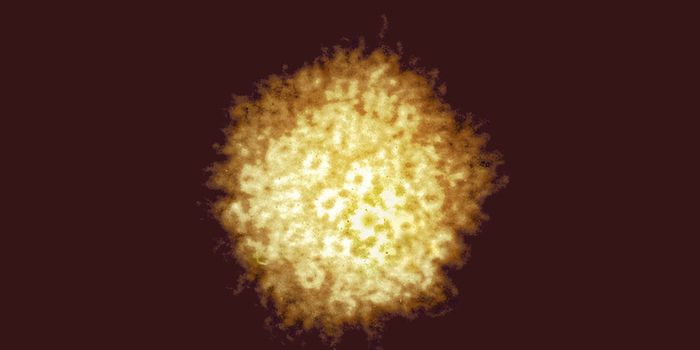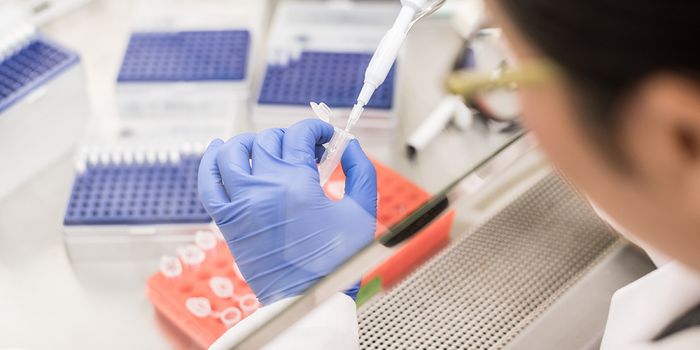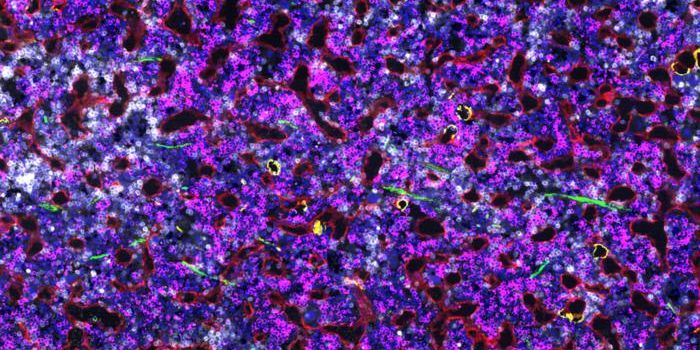Taurine is a nutrient that the body naturally produces, and it can also be found in many different foods. Scientists have now suggested that taurine deficiency can drive aging, and that in worm, mouse, and monkey research models, the aging process was slowed down with taurine supplements. The findings have been reported in Science.
"For the last 25 years, scientists have been trying to find factors that not only let us live longer, but also increase healthspan, the time we remain healthy in our old age," said study leader Vijay Yadav, PhD, an assistant professor at Columbia University. "This study suggests that taurine could be an elixir of life within us that helps us live longer and healthier lives."
People have long sought something to slow down aging or improve health as we get older. A wealth of new research has shown that we still have a lot to learn about the process, and that many things in the body may have an impact on how aging happens. While things like telomeres have long been linked to aging, and factors like the microbiome are under more recent consideration, researchers have also looked at molecules that can be found in the bloodstream and how they are associated with aging.
In recent years, scientists have linked taurine levels in the blood to immune function, obesity, neurological functions, and bone production. "We realized that if taurine is regulating all these processes that decline with age, maybe taurine levels in the bloodstream affect overall health and lifespan," said Yadav.
Yadav and colleagues began to measure the amount of taurine in the bloodstreams of various organisms, including mice and people. They found that there is a substantial decline in taurine levels as organisms get older. In humans, the taurine level of a 60-year-old is about one-third of the level found in a five-year-old, for example.
The researchers wanted to know if taurine was actually driving aging, and set up a large experiment with mice. Their intial group of mice consisted about nearly 250 mile and female mice that were about 14 months old, which is roughly equivalent to 45 years of age in humans. Half of the mice received taurine, while the rest got a control solution. Over time, the researchers found that the female mice fed taurine had a lifespan that was about 12 percent longer while male mice who got taurine lived about ten percent longer, which translated to about four extra months of life. If these findings were to hold true for humans, that would be an additional seven or eight years of life.
The investigators also assessed the impact of taurine supplementation on health. Mice that got taurine supplements were healthier than untreated animals in almost every way by age two. Taurine reduced weight gain that comes with aging in female mice, increased bone mass, energy expenditure, muscle endurance, and strength, while reducing insulin resistance and symptoms of depression and anxiety. Supplemented mice also had an immune system that was more like younger mice.
An analysis of the cells in mice supplemented with taurine also reflected a more youthful state. The number of unhealthy cells decreased, there was an increase in the levels of some stem cells, mitochondria became more efficient, DNA damage was reduced, and cells were better at detecting nutrients, for example. The mice were living longer and healthier lives, noted Yadav.
Middle-aged rhesus monkeys that received taurine supplements every day for six months showed similar results. Monkeys that got supplements showed reductions in weight gain, fasting blood glucose, and liver damage markers, as well as increases in bone density and healthier immune systems.
Now, more work will be needed to see if these findings are true for humans, which can be done with a randomized clinical trial. Right now, taurine is being tested in trials to determine if it can help reduce weight gain in the obese, but those trials will not be assessing a range of biomarkers.
Taurine should be considered as an anti-aging treatment along with other things that are being tested, such as rapamycin, said Yadav. Taurine could be more advantageous because the body produces it naturally, many foods contain it, and exercise increases taurine levels, Yadav added. "Taurine abundance goes down with age, so restoring taurine to a youthful level in old age may be a promising anti-aging strategy."









